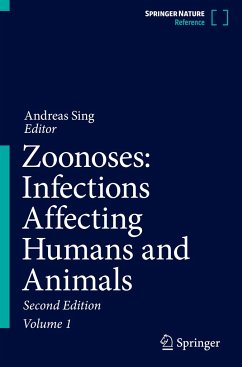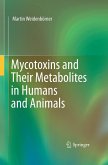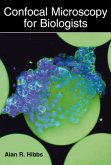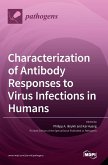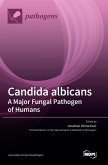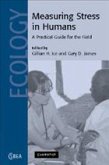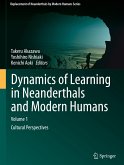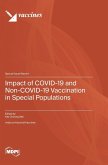This second fully revised and extended edition of ¿Zoonoses - Infections Affecting Humans and Animals¿ covers the most important pathogens impacting both human and animal public health and debates current developments in this interdisciplinary field from a One Health perspective. Following a "setting" approach, the individual chapters each review zoonoses occurring in a specific group of animals, such as production animals, pets or wildlife, or in a defined ecosystem. A focus is put on zoonoses emerging along the food chain and on antibiotic resistance as an increasing challenge in infectious disease management. Special interest chapters debate non-resolved and currently hotly debated zoonoses, foremost COVID-19, influenza, Crohn/paratuberculosis and chronic botulism, also taking into account the economic and ecological aspects of zoonotic disease outbreaks. This second edition includes brand-new chapters on emerging pathogens such as SARS-CoV-2, chlamydia and helminths,it reviews historic zoonoses, provides additional insights into pathogens of reptiles and highlights significant neglected tropical diseases. This reference work is a must-read for researchers, health professionals and students in Microbiology and Veterinary Medicine. The book¿s ambition to spread knowledge on zoonoses and on strategies on how to tackle them complies with the United Nations Sustainable Goals, in particular Goal 3 ¿ Good Health and Well-Being.
Hinweis: Dieser Artikel kann nur an eine deutsche Lieferadresse ausgeliefert werden.
Hinweis: Dieser Artikel kann nur an eine deutsche Lieferadresse ausgeliefert werden.

